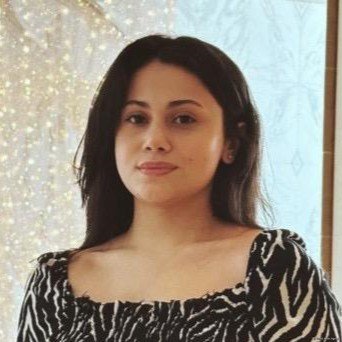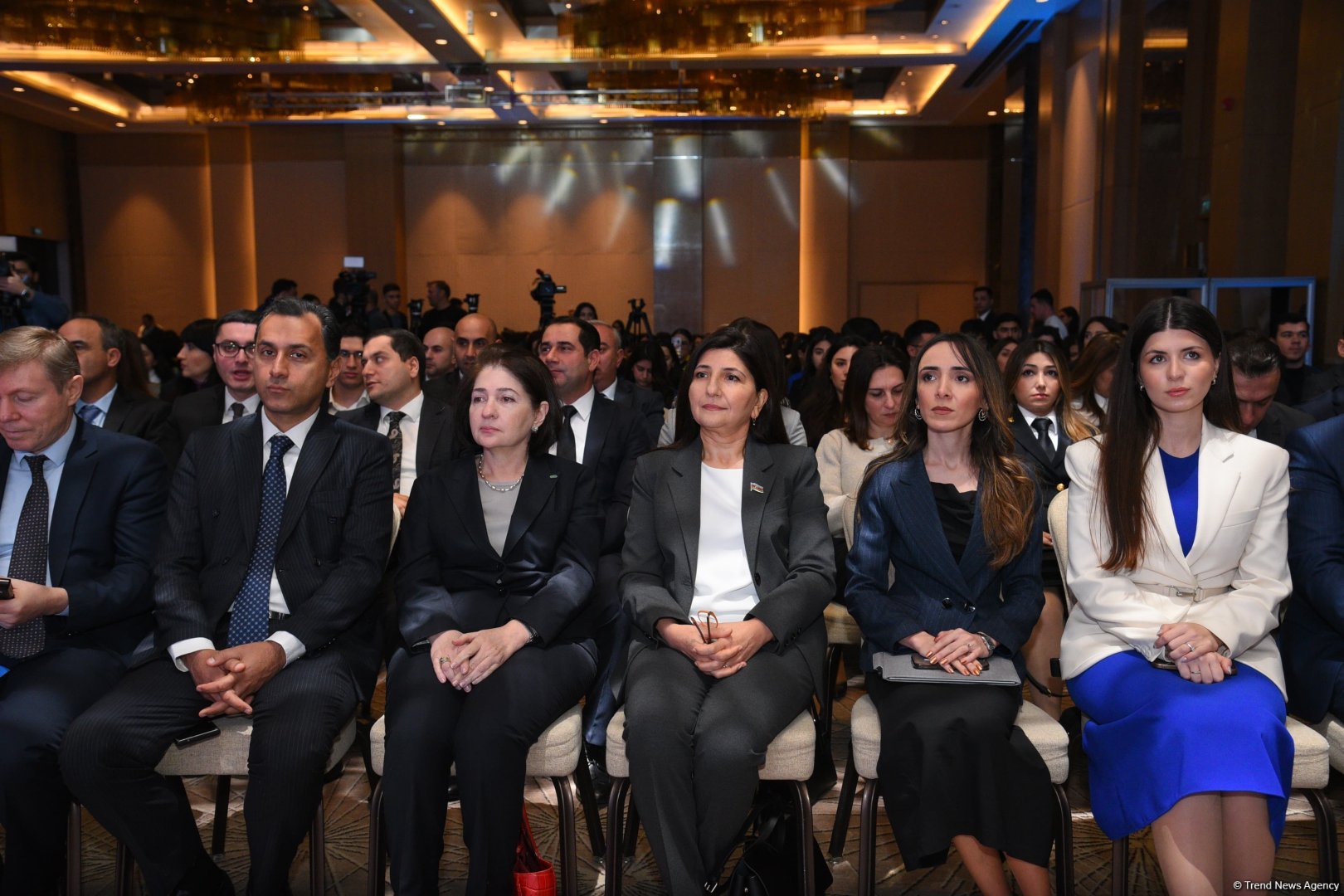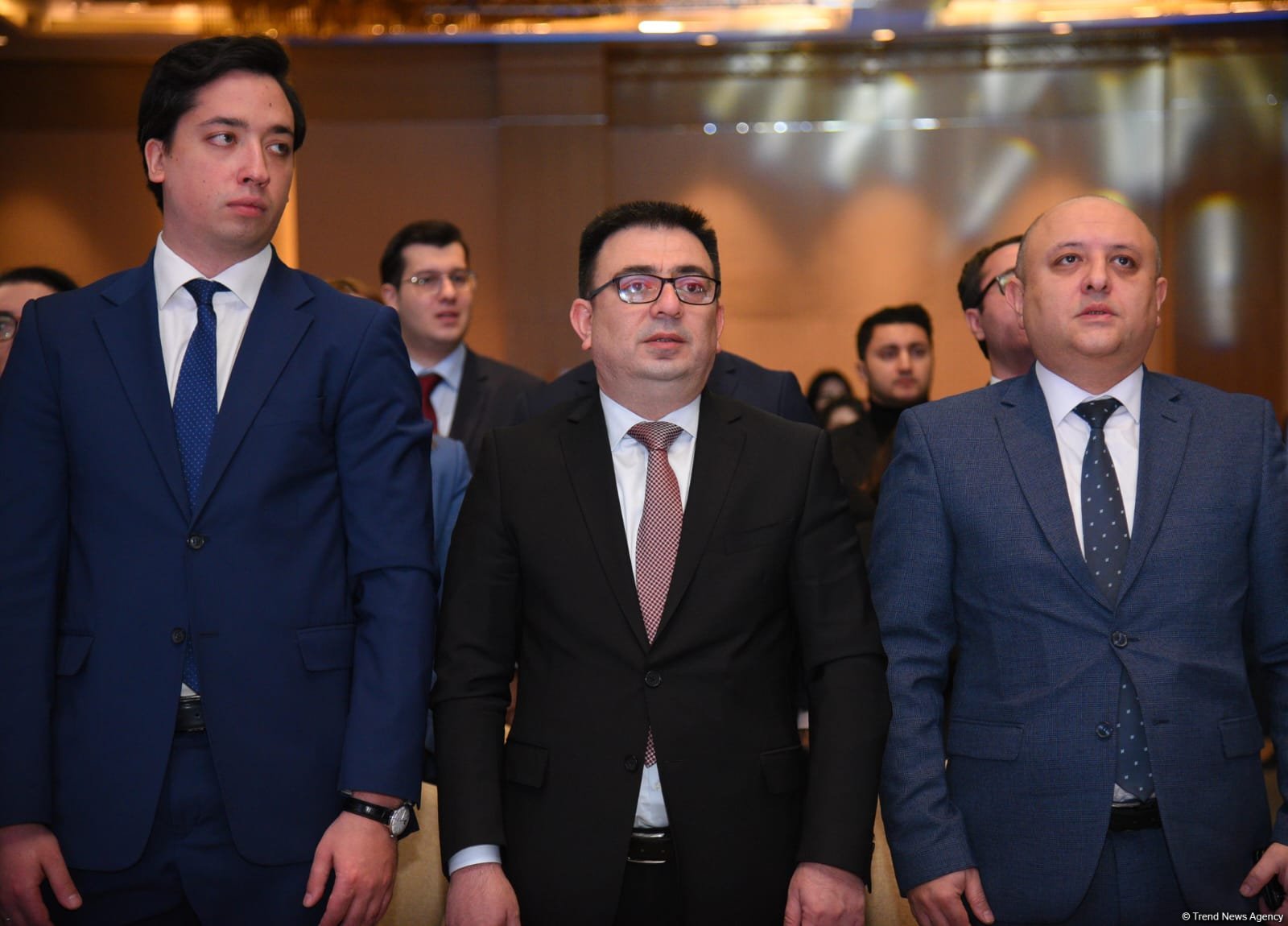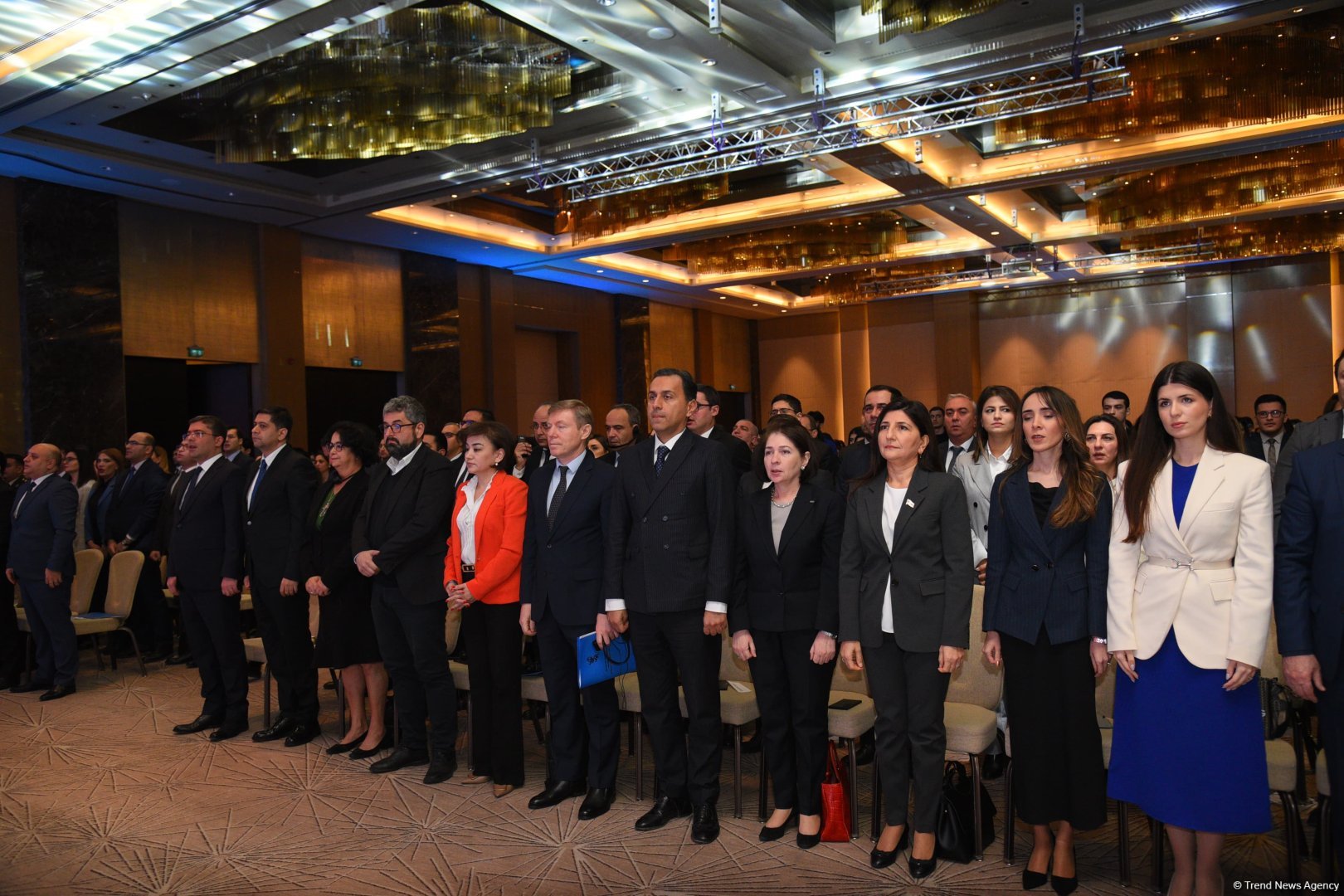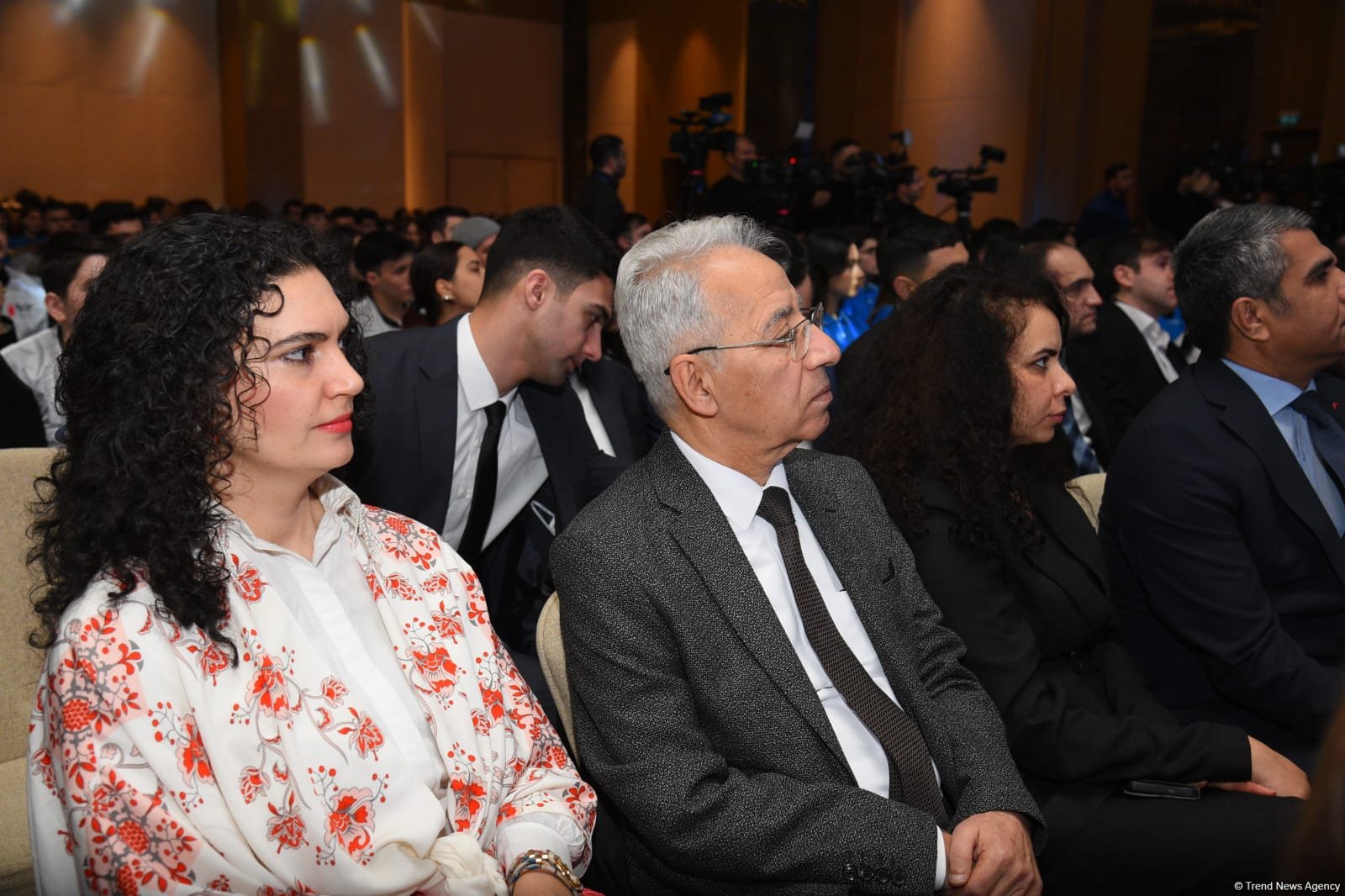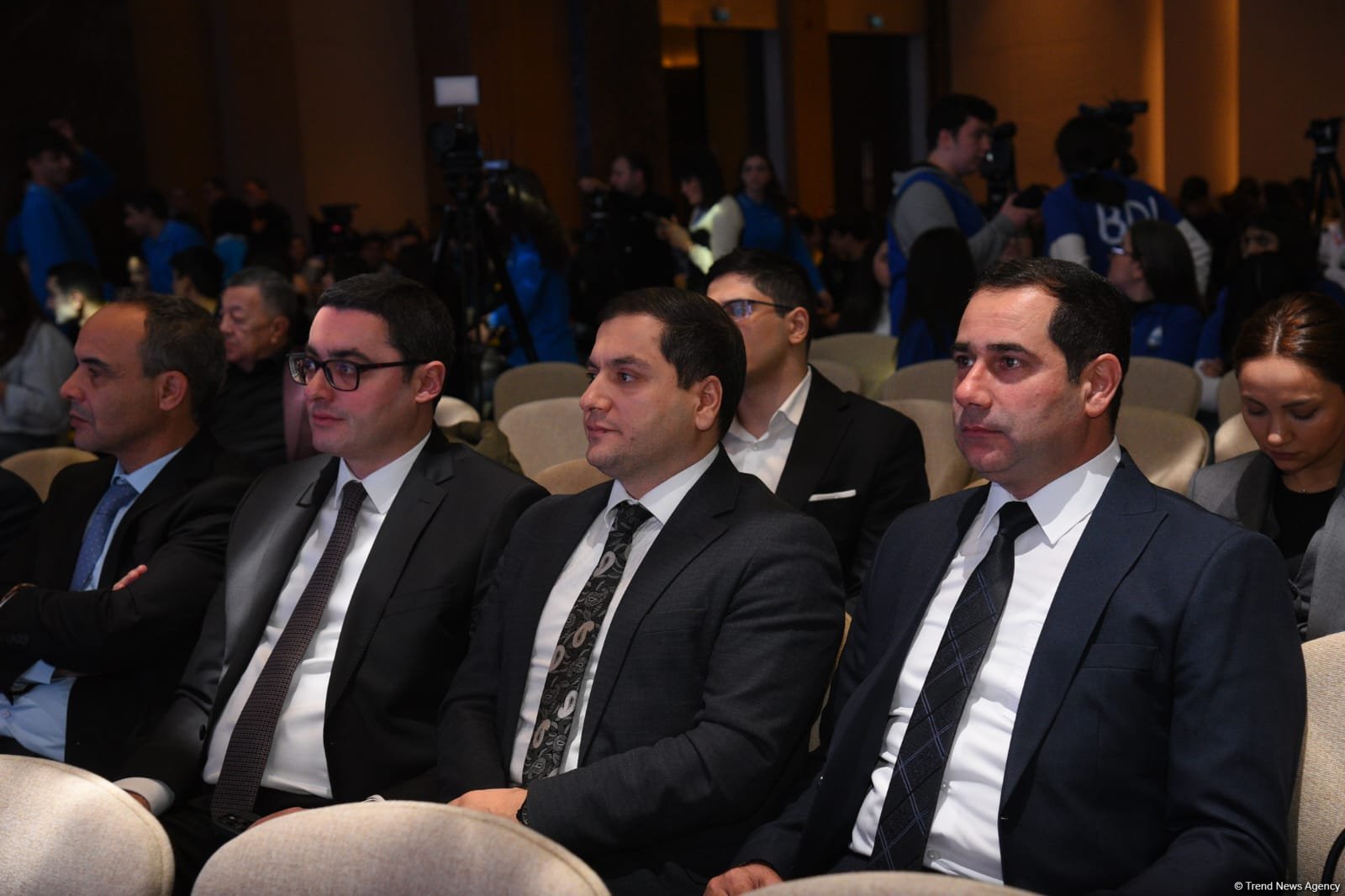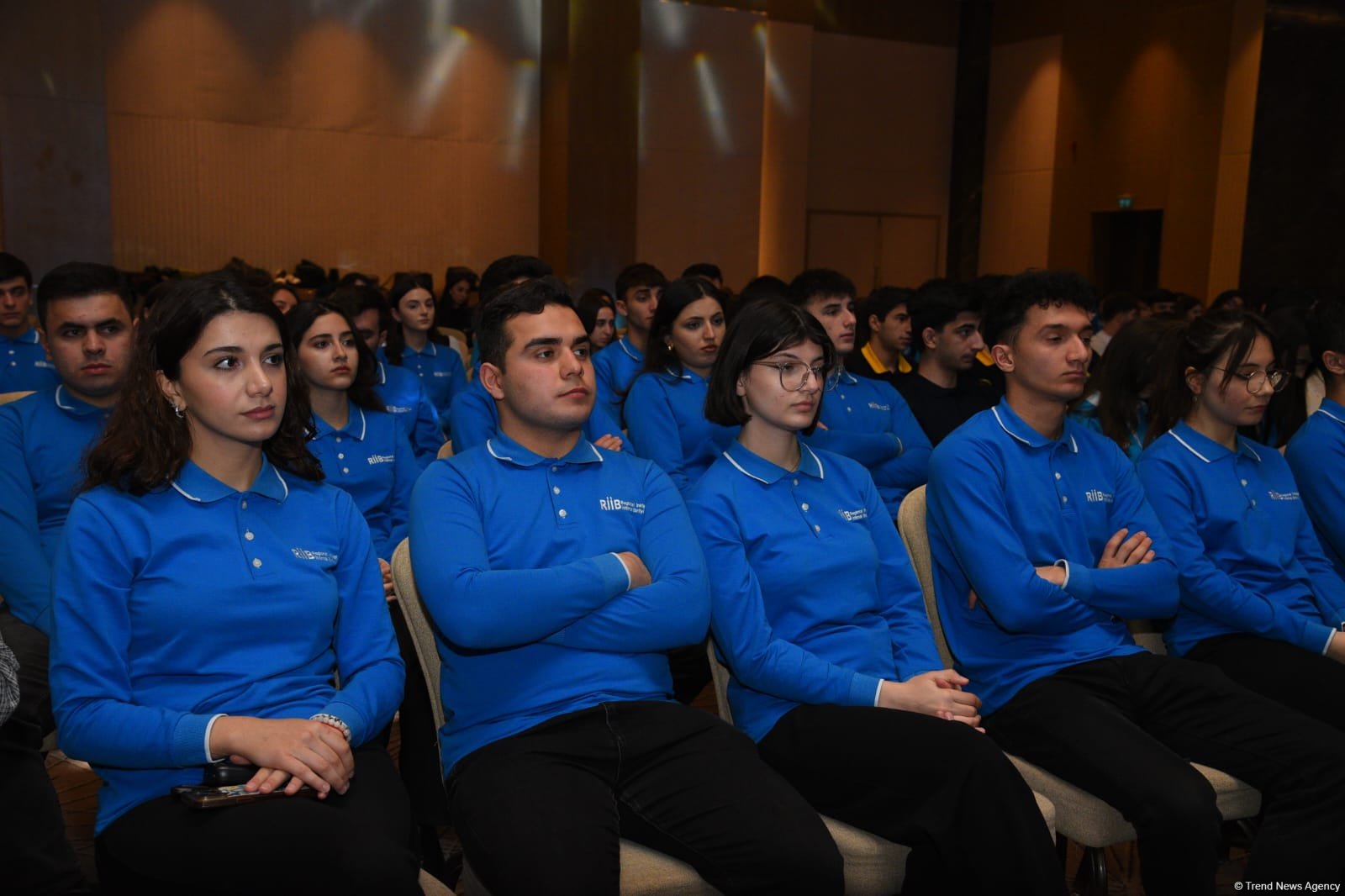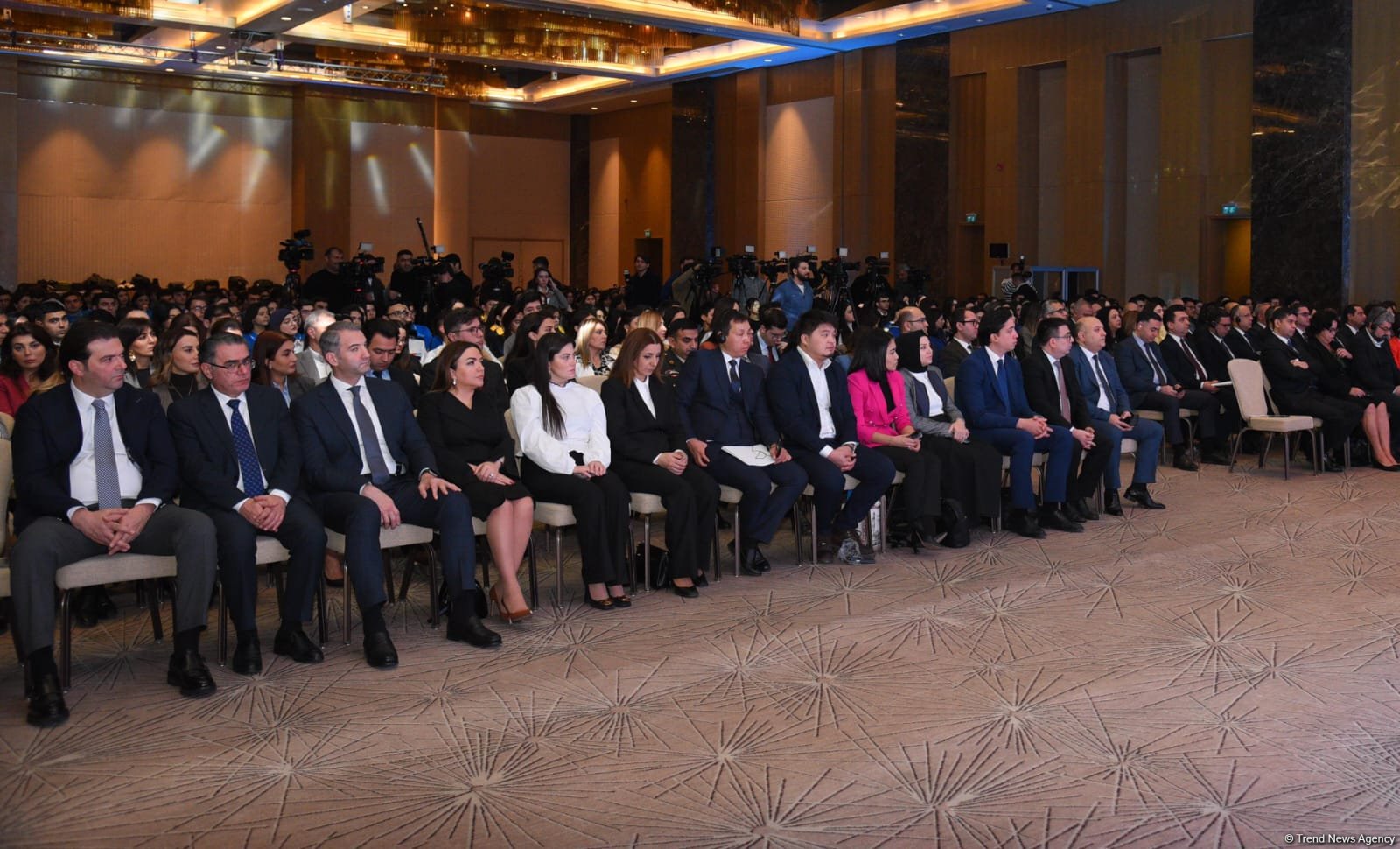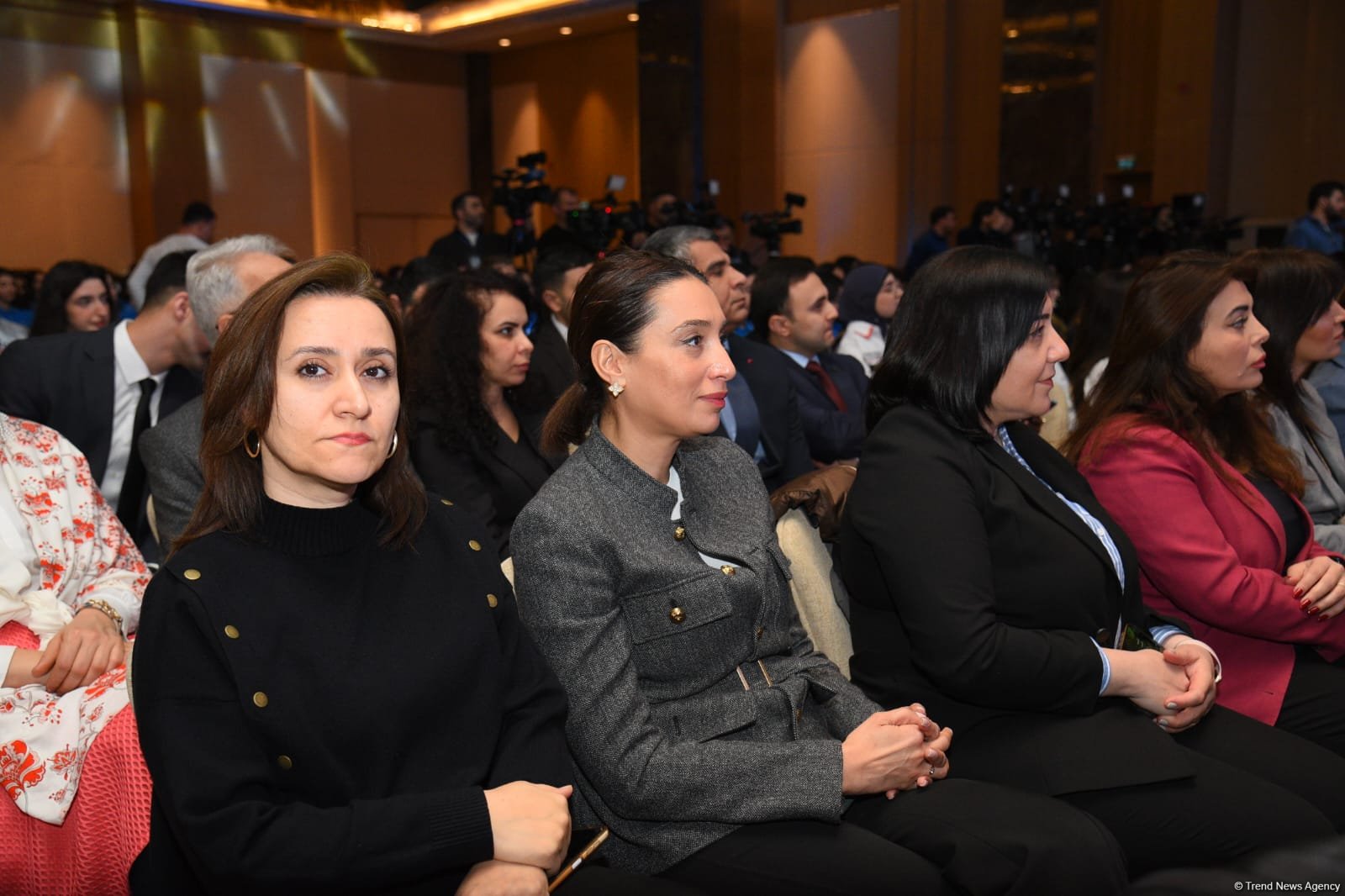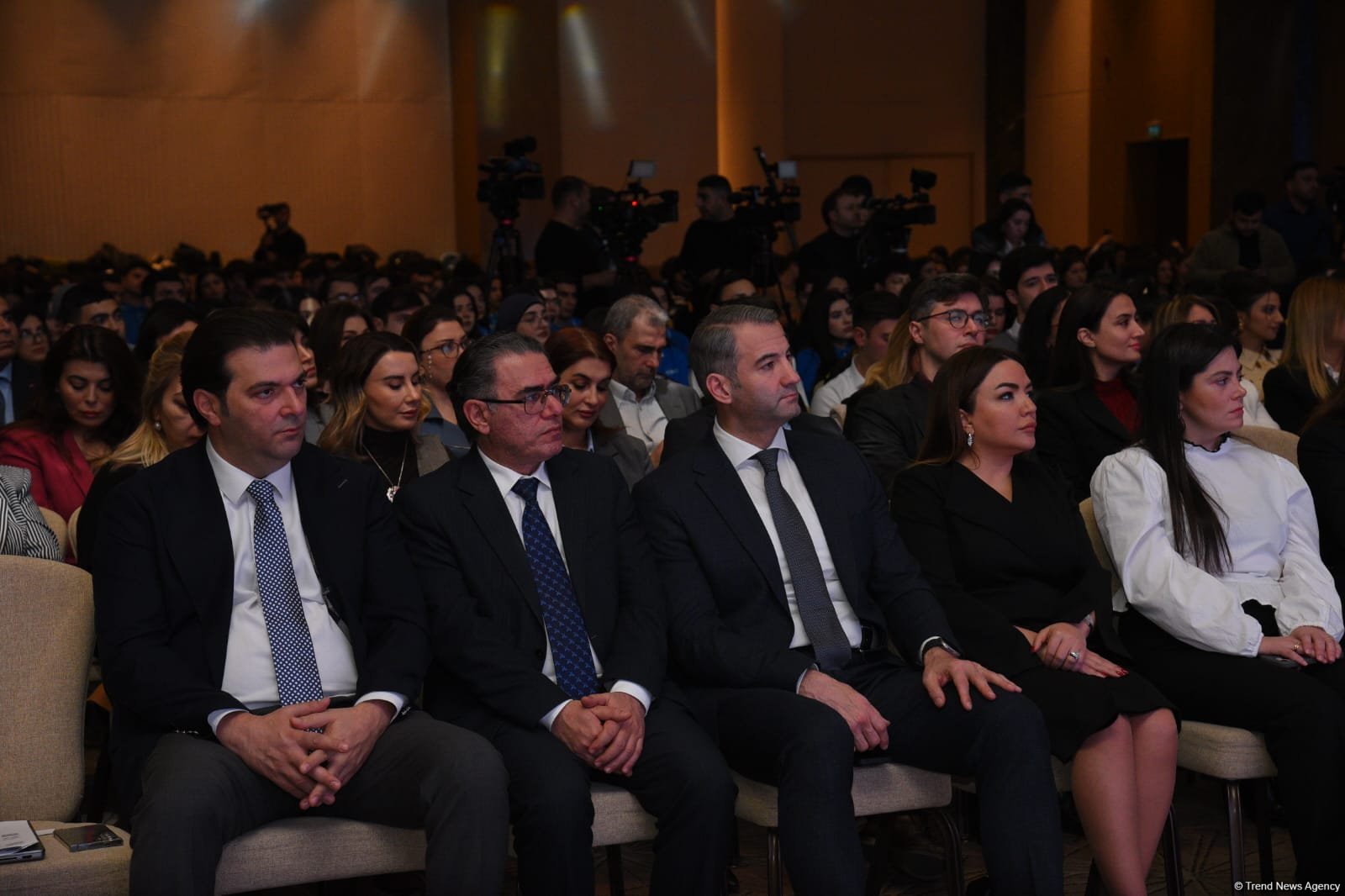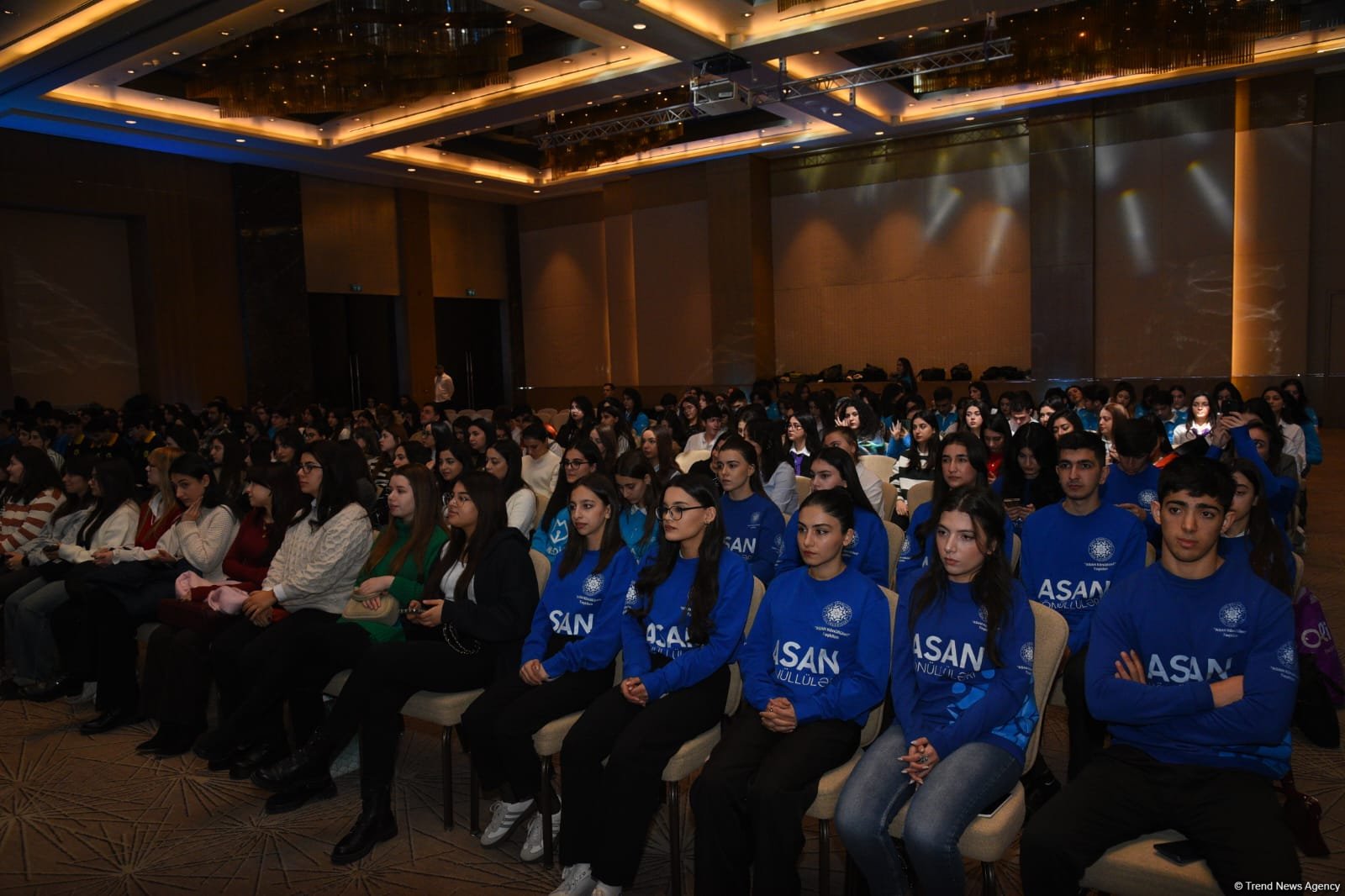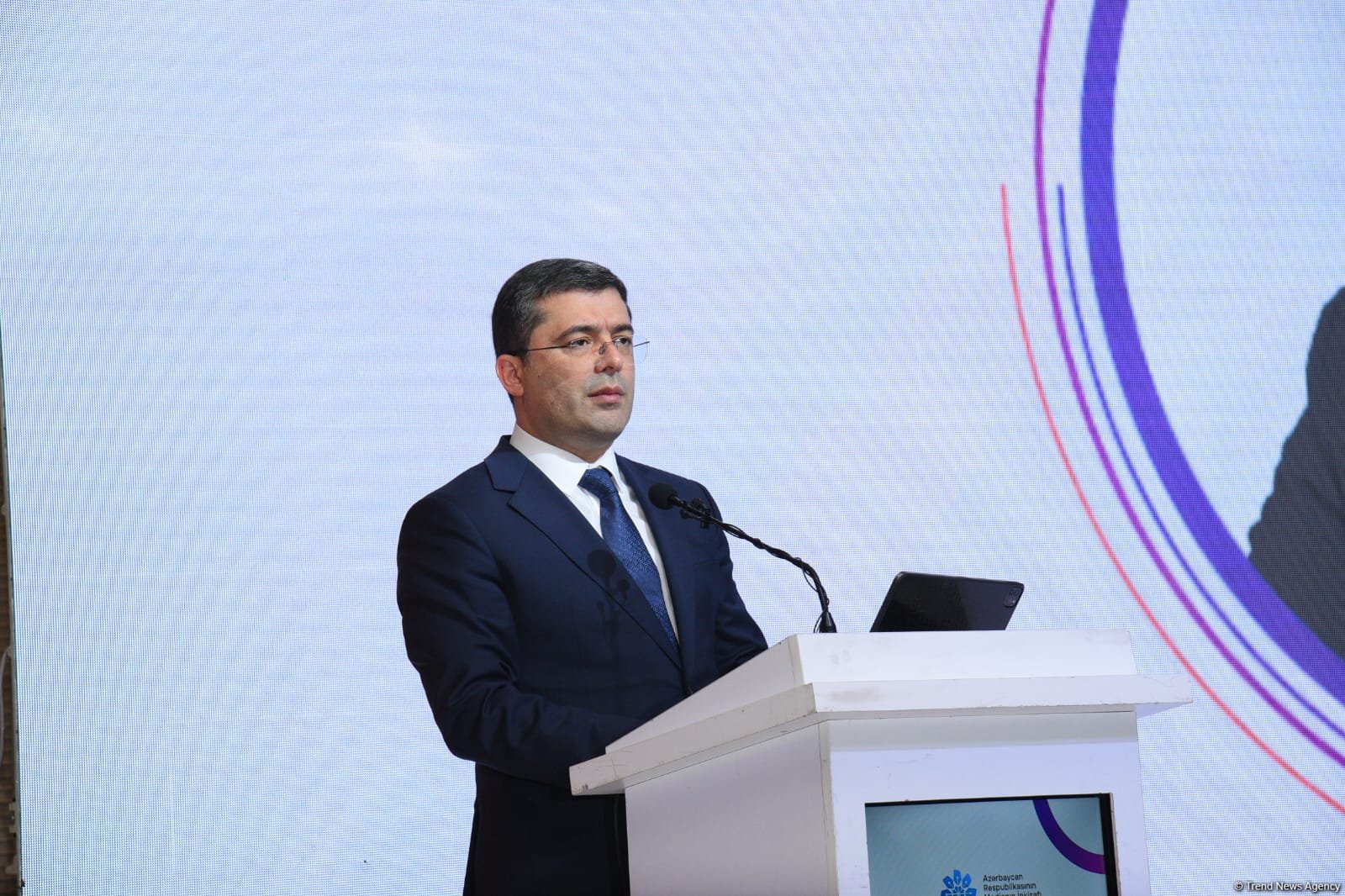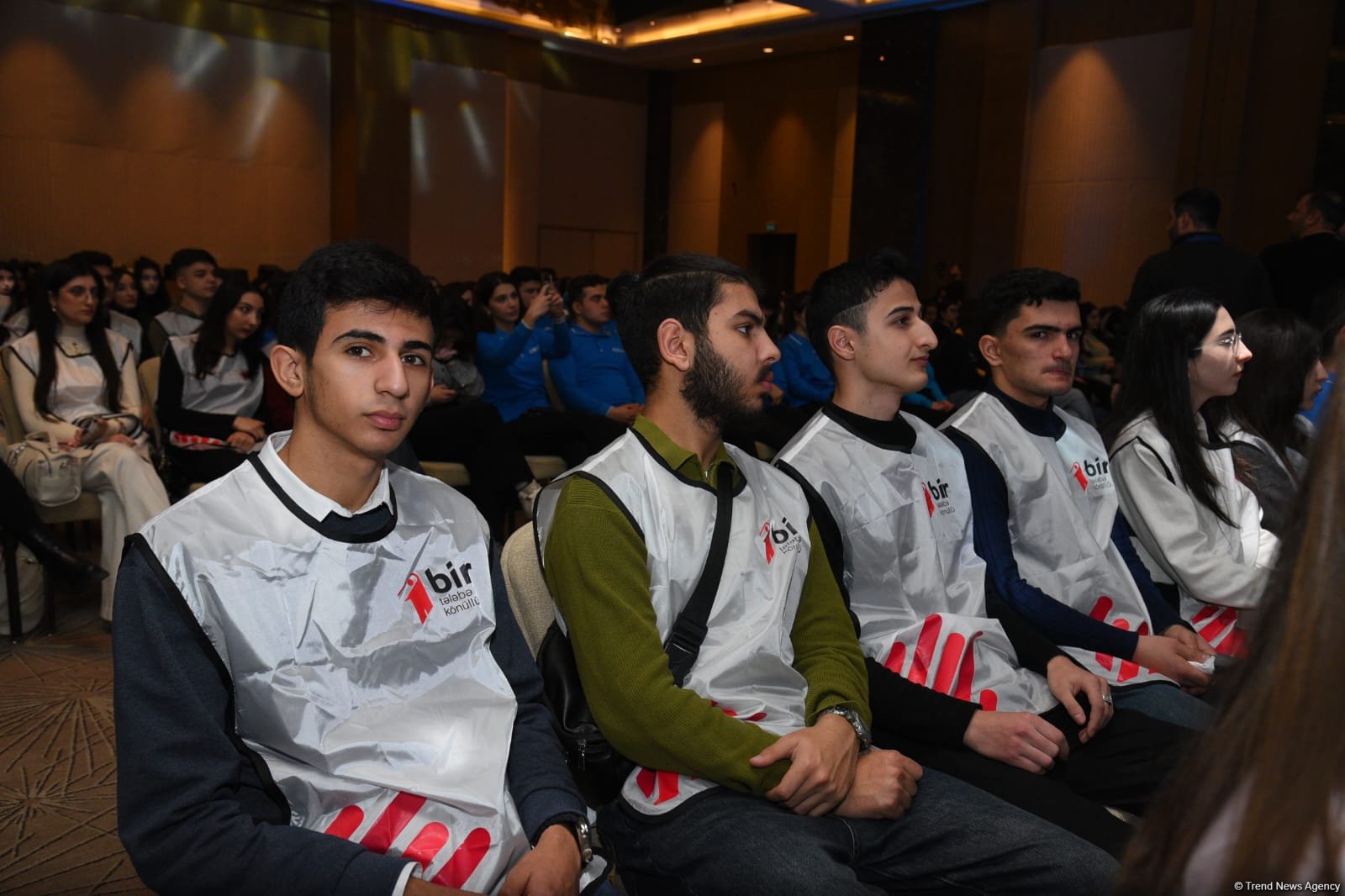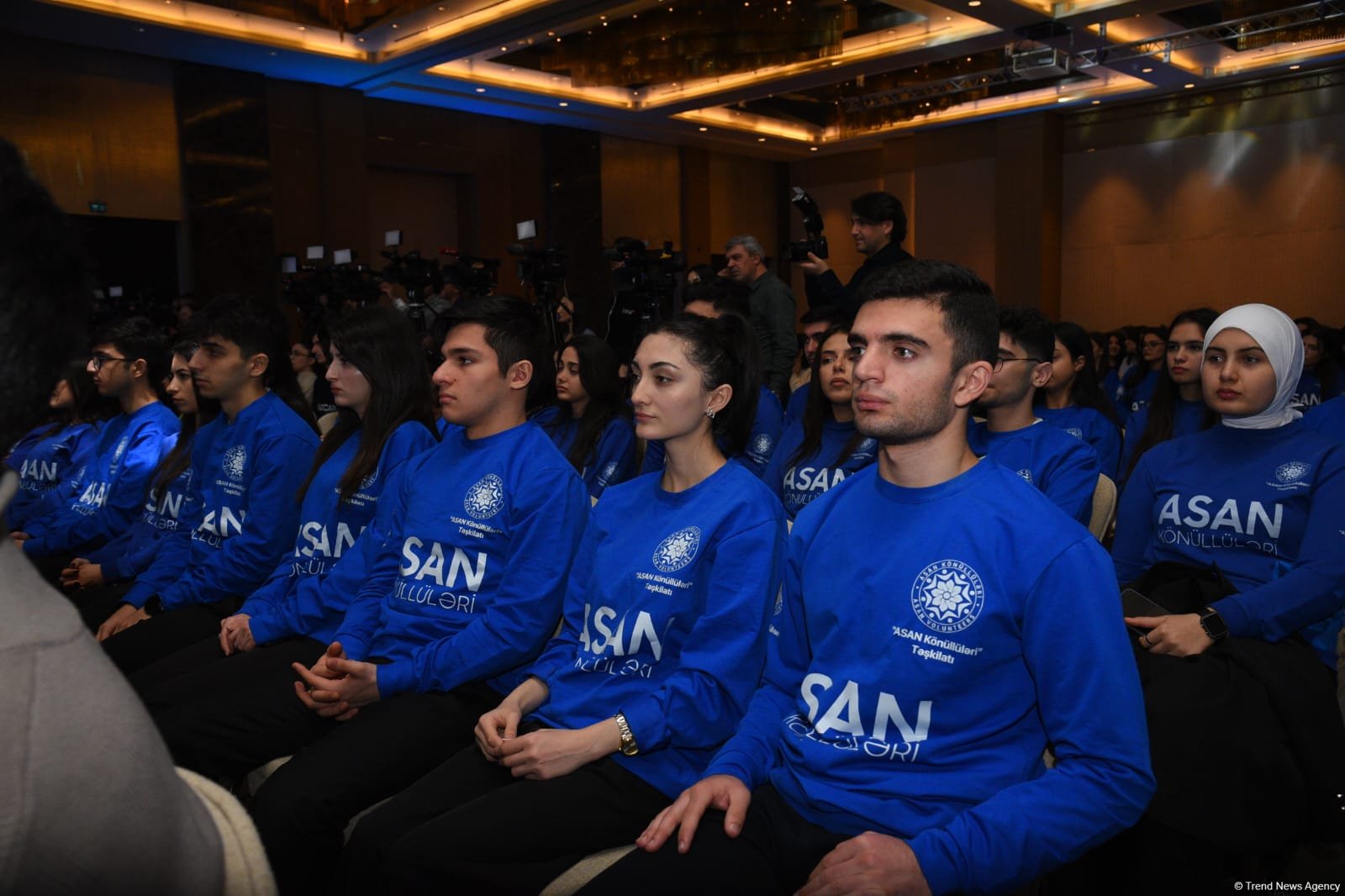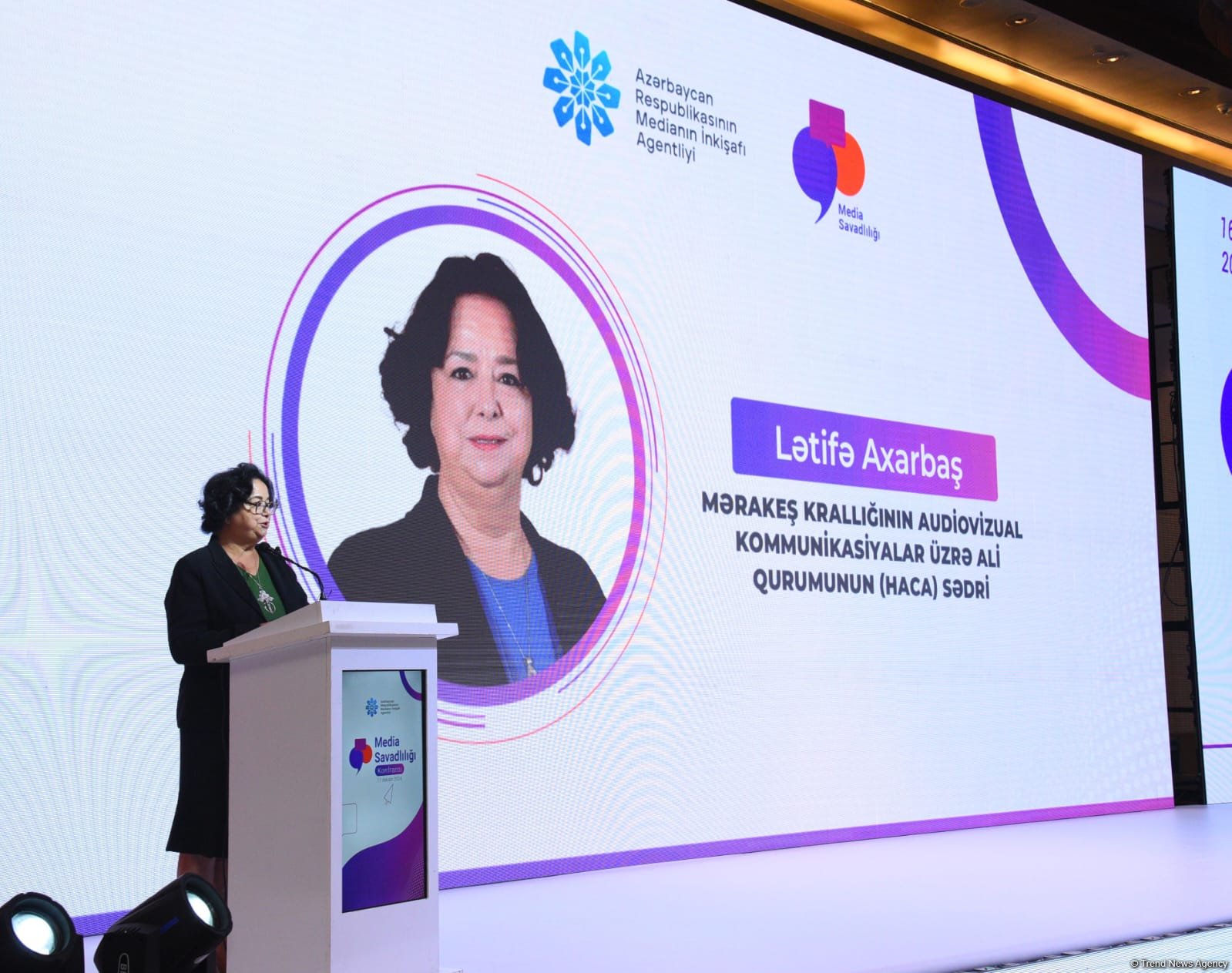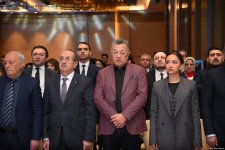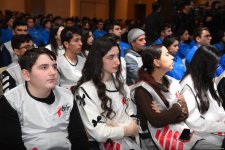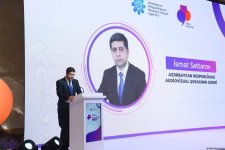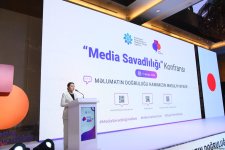BAKU, Azerbaijan, December 17. Azerbaijan’s Baku hosted a conference on "Media Literacy," as part of Media Literacy Week, bringing together representatives from various organizations, local and international experts in the field, as well as approximately 500 Azerbaijani volunteers and youth, Trend reports.
Speaking at the opening ceremony, the Executive Director of the Azerbaijan Media Development Agency, Ahmad Ismayilov, emphasized that improving media literacy is a comprehensive and ongoing process that spans all segments of society.
He stressed the importance of fostering communication between government bodies, the media, and the public based on healthy principles, highlighting the significance of enhancing professionalism in media content production.
Ismayilov also noted that, alongside the rapid reconstruction efforts in the liberated territories and the intensification of the "Great Return" process, holding the largest global event in Azerbaijan’s history – the 29th session of the Conference of the Parties (COP29) to the UN Framework Convention on Climate Change – demonstrates the growing authority and leadership position of the country.
"The dynamic public environment in Azerbaijan and the transformation of our country into a global center of attention have had a significant impact on the activities of Azerbaijani media, creating an information base to enhance their professional activity both within the country and in shaping the international media agenda.
Hosting COP29 was another indication of Azerbaijan's growing international stature and its new role and responsibility in implementing regional and global projects.
Creating an effective media mechanism and communication strategy for the successful coverage of COP29, focused on climate change – recognized by the UN as the number one global issue – and fully informing the public about the significance of the event was crucial for shaping public opinion correctly.
Our analysis reveals that all media outlets in Azerbaijan showcased exceptional professionalism during the largest event in the history of our independence, going above and beyond to deliver comprehensive coverage to both local and international audiences.
We would like to take this opportunity to once again congratulate our journalists for their outstanding work during COP29 and express our sincere gratitude for their dedication and excellence in fulfilling their professional duties!," Ismayilov added.
Chairman of the Audiovisual Council Ismat Sattarov said that media literacy is the ability to find, evaluate, and effectively use the necessary information.
According to him, there is a special need for media literacy to get reliable, unbiased information in today's information space, amid the abundance of information.
“Information perception, critical thinking, understanding the principles of journalism, how the media works, and the fact that information and events disseminated in the media do not always reflect reality are the basis of media literacy.
Considering that the average daily use of social media worldwide is 145 minutes, the correct use of information is of great importance not only for journalists but for all categories of people. In this context, media literacy must have its place in everyone's education.
It can be said that the inclusion of media literacy in educational programs at various levels has already become an everyday necessity,” Sattarov added.
Chairperson of the High Authority for Audiovisual Communications of the Kingdom of Morocco Latifa Akharbach emphasized that in the modern era, with the rapid expansion of electronic information society and easy access to information in the digital environment, the audience faces difficulties in determining the correct and reliable side of the news and spoke about the importance of improving media literacy.
Afterward, a video was presented, reflecting the statements on misinformation and media literacy made at the second Shusha Global Media Forum, which was held in July this year.
Finally, Presidential laureate and techno-blogger Tariyel Aghazada made a presentation on Tools and Techniques related to misinformation detection. The presentation presented to the audience the technologies and techniques used to detect one of the greatest problems of our time—fake news.







